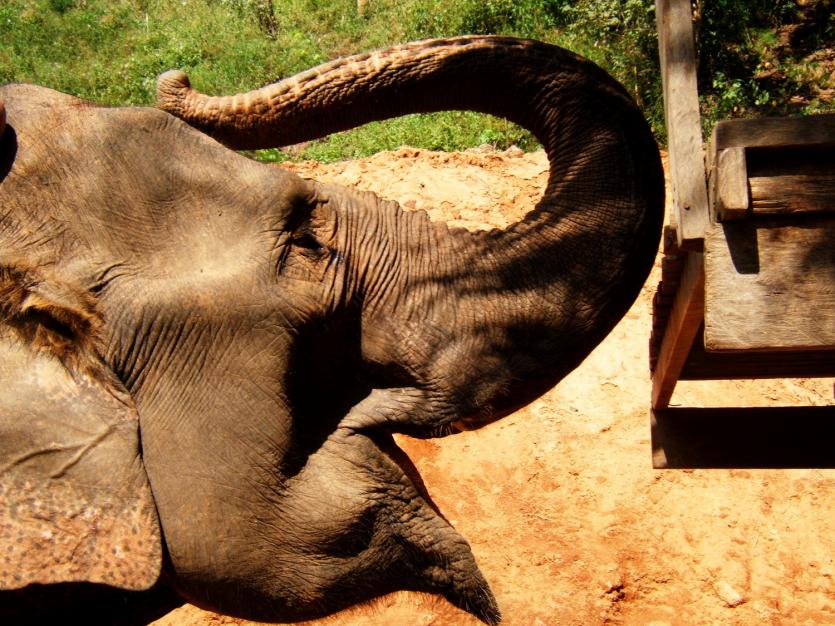Photo by Martin Boulanger from FreeImages
By Patryk Krych | The World Daily | OCTOBER 8th 2021
Over a dozen elephants were left to gradually starve at a zoo on the Indonesian island of Bali, following closure due to the Covid-19 pandemic and quarantine that resulted from a lack of tourism and improper care.
The Bali Elephant Camp (BEC) is one of the island’s most popular tourist attractions, offering an opportunity to see elephants, as well as plenty of other activities revolving around the local nature and wildlife experiences.
It’s a part of the wildlife conservation programme, meaning that it’s been entrusted with the care of the highly endangered Sumatran elephants. After the strike of Covid, however, it’s been shown that this trust may have been misplaced as the elephants were recently revealed to be severely malnourished.
“Many industries in Bali have collapsed as a result of the COVID-19 pandemic,” said the director of Konservasi Sumber Daya Alam Bali (BKSDA), Agus Budi Santosa. “But the impact on small companies like Bali Elephant Camp has been especially severe. [When tourism stopped] they were no longer able to cover operational costs, especially the cost of feeding elephants. The government had to assist them by paying for food and electricity.”
The BKSDA is the governmental body in charge of supervising the zoos and safaris that have taken on the responsibilities of caring for the Sumatran elephants. The Bali Elephant Camp had told the Bali Animal Welfare Association (BAWA) that they were unable to meet their operating costs in order to feed the elephants back in July – however, no support of any kind was offered to amend for this.
“That is what has happened and it is really disgusting because these elephants have given them profits for 15 years,” said Femke Den Haas, a veterinarian from the Netherlands who’s been working in Indonesia for over 20 years, striving to protect its wildlife. “So I don’t believe it when they say they don’t have any money. Elephants are not that expensive to take care of anyway. It costs $200 a month to feed one.”
The elephants were promptly fed, and then seized by the government after BEC had failed to come up with a new way to restructure the business and get new investors.






